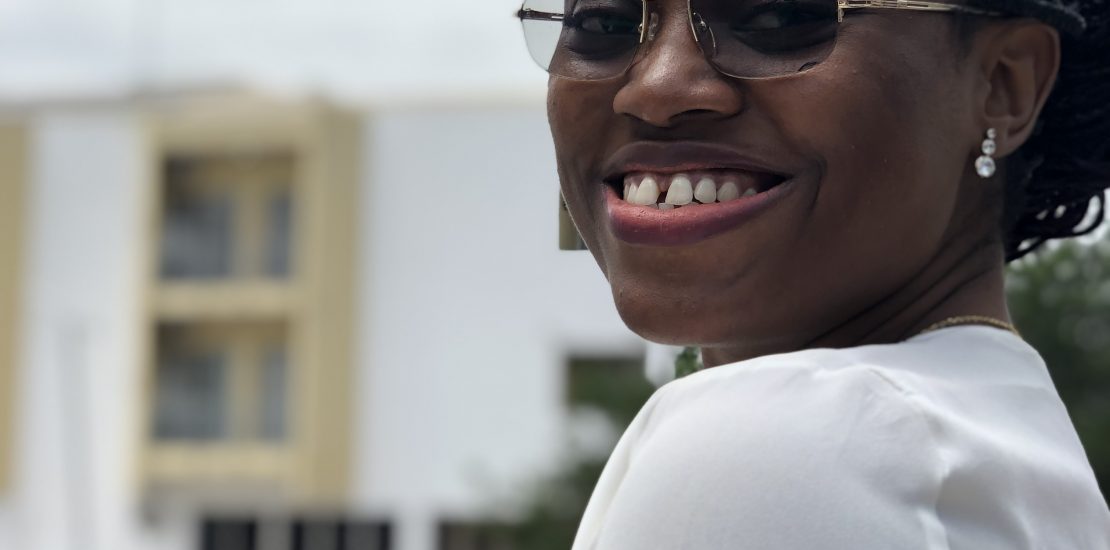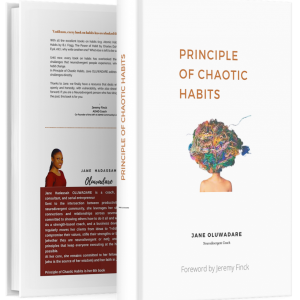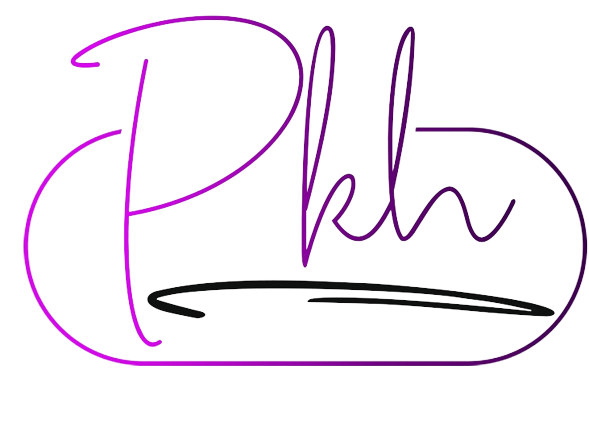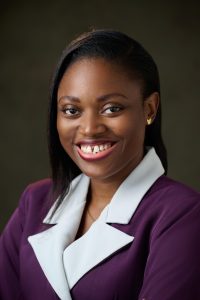- 5 February, 2023
- Posted by: Jane Oluwadare
- Categories: Jane's Thoughts, Neurodivergence, PHRONESIS Lighthouse

I first wrote this to my newsletter community in May 2021, but I thought you should get to read it too
At the time, I was building out the Chaotic Habit for sustainably writing newsletters. One of the things I committed to back then is to send out letters out each month (no matter how long it takes me to do it), and I’m glad to have consistently done that for almost 2 years now. By the way, if you missed the initial buzz about Chaotic Habits, today is a good day to catch up. I’ve been told over and again that it’s premium content, and I have actually done the work of turning it into a book
-
 Principle of Chaotic Habits e-JournalGBP,£ 5.00.
Principle of Chaotic Habits e-JournalGBP,£ 5.00.
Today I wanted to share about SELF-DISCOVERY and the many curve-balls that can show up as you pay attention to learning about yourself. It’s a never-ending journey of discovery, and be both exciting, and deflating (SPOILER: it’s all a matter of perspective)
I’ll give you an example. One of the biggest discoveries I made about myself in April of 2021 is Aphantasia. It turns out that one of the major reasons I would paint such vivid pictures and detailed images with words is that I think in words. (See proof in my books and articles)
I don’t think in pictures or imagery. I think in words
For me, vision boards with vivid pictures and cut-out images hold no meaning. My own vision board is a montage of quotes and phrases that mean something to me. When people say “imagine xyz”, I would string the ideas conveyed by the individual words together, but it’s never quite an image/picture (unless I chose to draw it), and so I got confused all the time, especially when people are not using the words to mean precisely what the words mean. I thought it was general, until I found out it’s not
So here was I, facing the realization that when people say “imagine xyz”, some people really can put the image together in their minds, and I was dumbfounded. And then I needed to decide what I was going to do with that discovery. While some come face-to-face with the realization that they cannot conjure images in their minds with a lot of hurt and sadness (and this reaction is very valid), I could not afford to, because taking on that perspective would push me over the edge into wallowing, and start a downward spiral I was not sure that I could recover from in that season (unpacking long-term trauma from a childhood of emotional abuse and wading through the implications of an autism diagnosis had pushed me to my limits).
So I chose to approach it from the standpoint of
“what do I need to start doing differently?”
This discovery, and the many thought processes that accompanied it, showed me different things:
- perspective is truly everything
- it’s okay to choose your paradigm, and it does not need to be the same as that of the next person
- self-discovery can be cultivated as an intentional process, and leveraged to help make you a better person
For example, even though I struggle to communicate, I throw in the towel less often these days (this email is proof). Why? I now know that I can use words better than I give myself credit for, and the difficulty with communication does not make writing or speaking impossible. It might be harder on some days than others, but as long as there’s potential to be explored, and I’m going to juice it out
For the 400+ members of the Neurodiverse squad on my Twitter TL (at the time), and the thousands more we sometimes get to reach with our rich conversations, the process of learning about our respective diagnosis has driven us into a spiral of self-discovery, and a significant depth of self-awareness, and I think that we ALL (neurodivergent or otherwise) could draw lessons from the process
REFLECT:
How often do you pause to reflect on your habits? Behavior? Likes? Dislikes? How often to you introspect to trace the roots of a habit/behavior that you like/want to get rid off? How often do you trace triggers and habit loops? How much do you know yourself?
Do you know your limits? What’s a hard limit for you? What’s are your soft limits?
How much do you know of your action patterns and where they came from – and how well would you be able to block them from being built in your children/mentees?
I could go on and on, but answering these questions would be a good start for the sort of introspection that leads to self-discovery. And as you find answers, drill down on each one, weigh it, and then ask yourself what you could do with the new information to move yourself towards the life you prefer
The bottom line is this: Self-discovery – and self-awareness – is not just so that you can reel out facts about yourself in a game at some party, or write a more impressive bio. It’s a journey that should help you structure your growth curves and intentional development to better suit the way you are wired and the things you would like to do
I hope you enjoyed this letter. If you’d like to read more on intentional growth, self-awareness and productivity, you should consider signing up for my newsletter
Was this helpful? Leave a comment, share with your circle, or read more like it
Yours in growth, development, and with a lot of love
Jane OLUWADARE



[…] what you could do with the new information to move yourself towards the life you prefer. (Remember May 2021’s lesson? Action is the end goal. We want to become more than repositories of […]